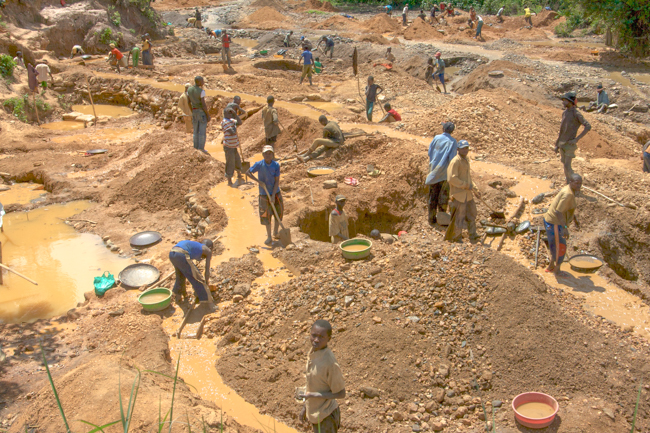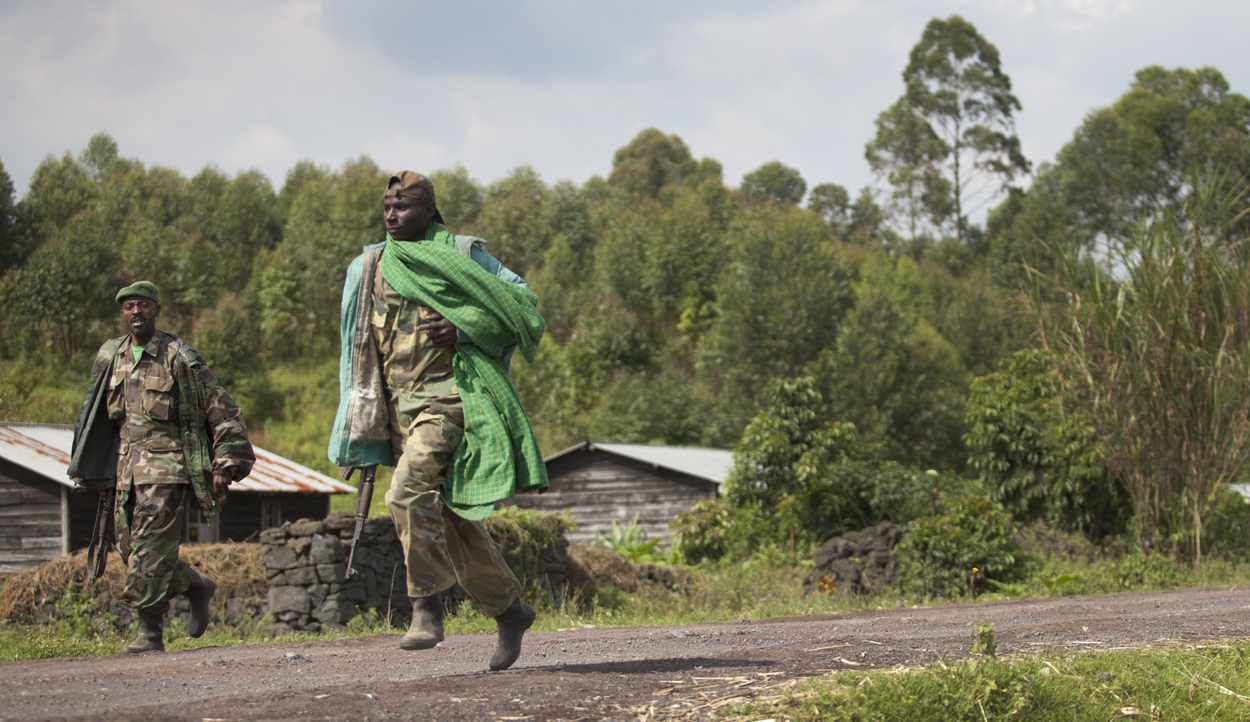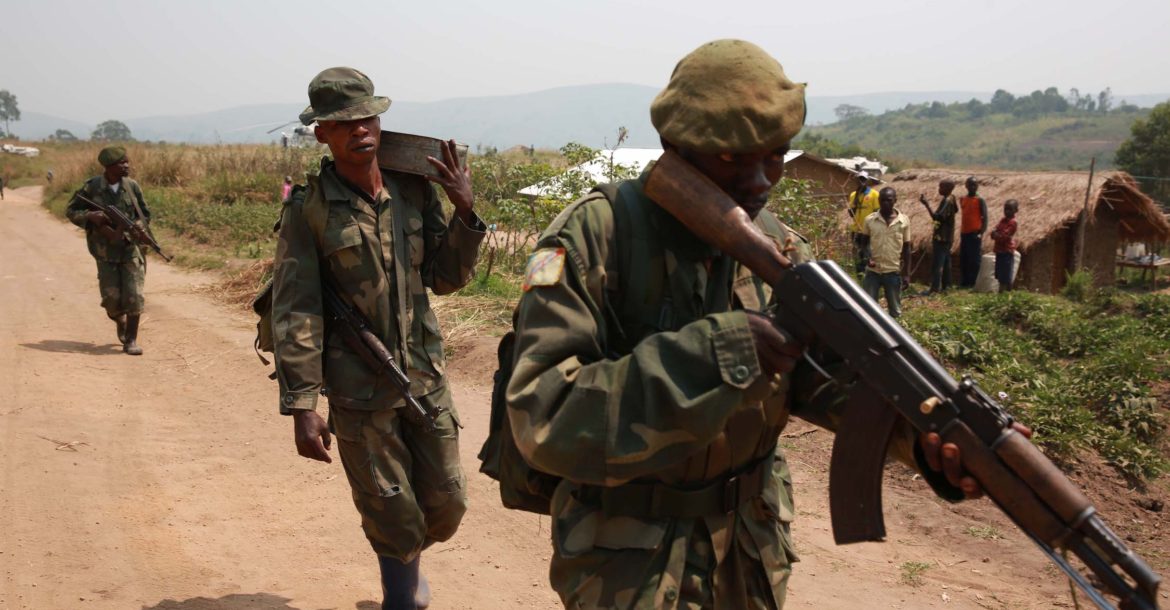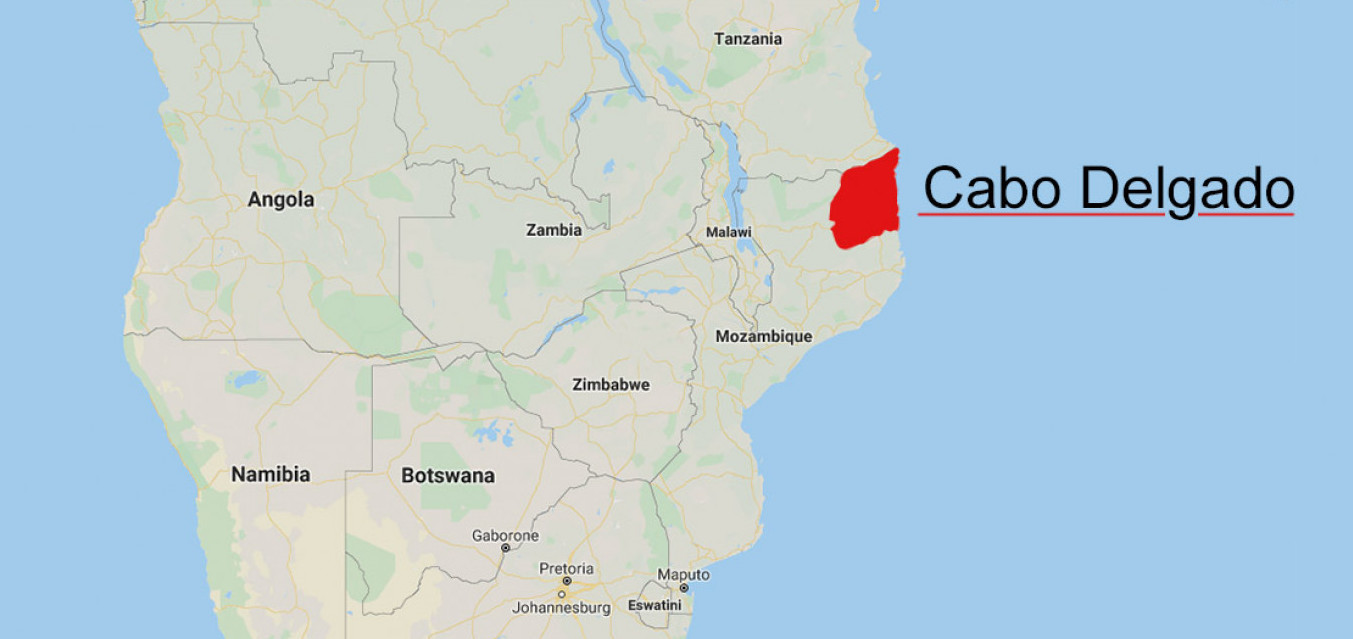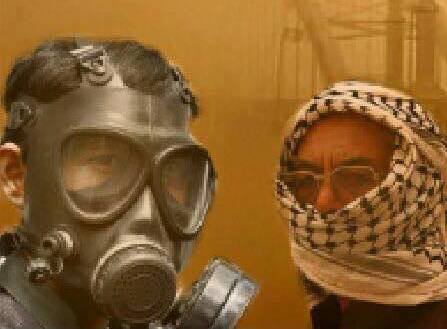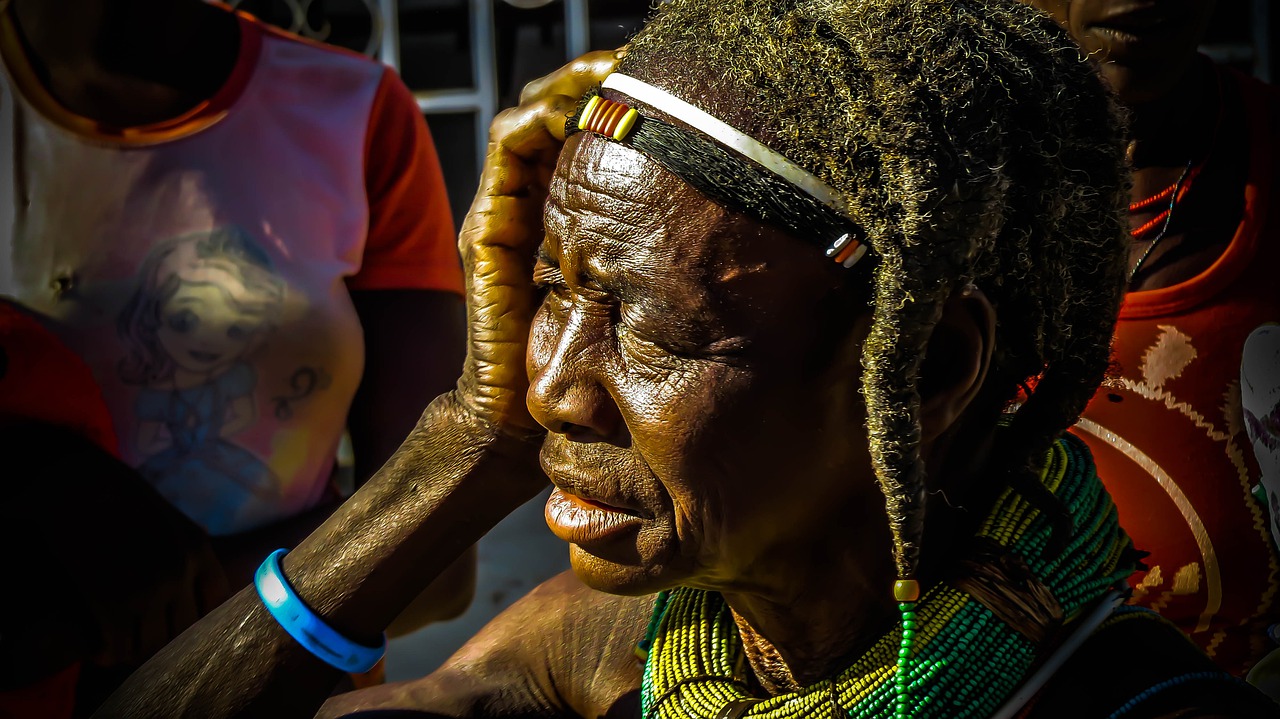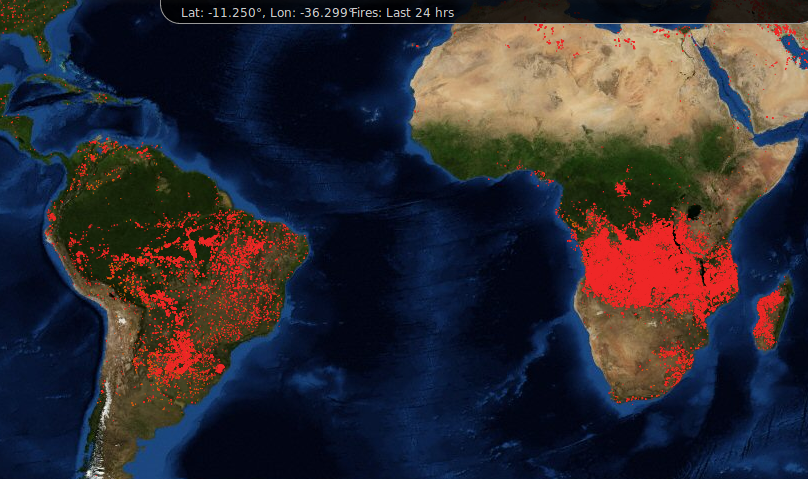
Protest police repression in Angola
Angolan police used excessive force and carried out arbitrary arrests during a peaceful protest in Luanda, Human Rights Watch charges. According to reports, officers fired tear-gas and rubber bullets without justification, assaulted demonstrators, and detained several protesters. The demonstration, organized by youth groups and civil society organizations, was a response to the Angolan government’s decision to raise fuel prices and eliminate public transport subsidies without public consultation. (Photo: Nicolas Raymond/Flickr)



